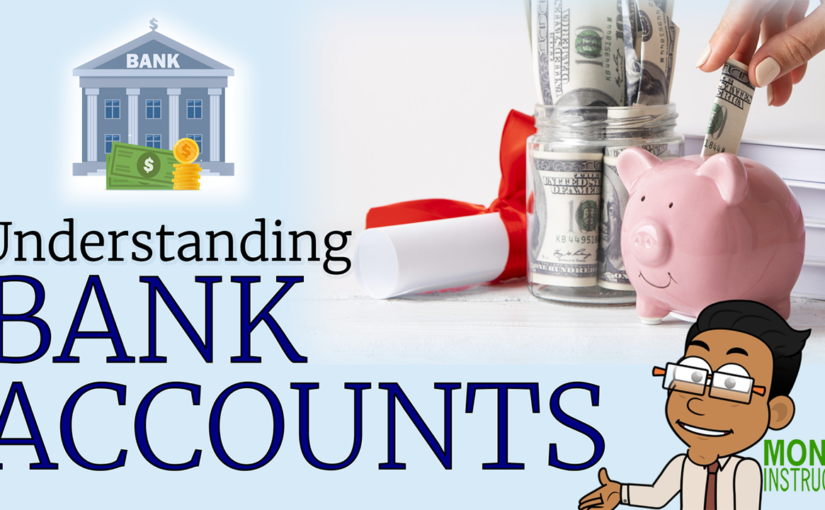Understanding different types of bank accounts is essential for effective financial management. Each type of account serves a unique purpose, catering to various financial needs and goals. A checking account is typically used for daily transactions and provides easy access to funds, often through checks or debit cards. Savings accounts, on the other hand, are designed to help individuals save money over time, usually offering interest on the deposited amounts. Certificates of Deposit (CDs) are another type of account that locks in funds for a specified period, generally providing higher interest rates than regular savings accounts. Money Market Accounts combine features of both savings and checking accounts, offering higher interest rates while allowing limited transactions. Understanding these options enables individuals to make informed decisions about where to store their money, ensuring their financial assets are both accessible and secure.
When it comes to managing your finances, choosing the right type of bank account is crucial. With various options available, it’s essential to understand the differences to make an informed decision that aligns with your financial goals. This guide will walk you through the most common types of bank accounts and their features.
- Checking Accounts
Checking accounts are designed for everyday transactions. They provide easy access to your funds through checks, debit cards, and online transfers. Most checking accounts offer unlimited deposits and withdrawals, making them ideal for managing daily expenses. However, they typically earn little to no interest. Look out for accounts with low or no monthly fees and those that offer conveniences like mobile banking and overdraft protection.
- Savings Accounts
Savings accounts are meant for storing money that you don’t need immediate access to. They offer interest on your balance, helping your money grow over time. While they might not have the transaction flexibility of checking accounts, they usually allow a limited number of withdrawals per month. Savings accounts are a great way to set aside money for future expenses or emergencies. When choosing a savings account, consider the interest rate, fees, and any minimum balance requirements.
- Money Market Accounts
Money market accounts combine features of checking and savings accounts. They typically offer higher interest rates than regular savings accounts and provide limited check-writing abilities. These accounts may require a higher minimum balance and come with restrictions on the number of transactions you can make each month. Money market accounts are suitable for those who want to earn more interest while having some access to their funds.
- Certificate of Deposit (CD)
A Certificate of Deposit (CD) is a time deposit account that offers a fixed interest rate for a specified term, ranging from a few months to several years. CDs usually provide higher interest rates than savings or money market accounts, but your money is locked in for the duration of the term. Early withdrawal typically incurs penalties. CDs are ideal for individuals looking to save for a future goal and who won’t need access to their funds in the meantime.
- Individual Retirement Accounts (IRAs)
IRAs are specialized accounts designed to help you save for retirement with tax advantages. There are different types of IRAs, including Traditional, Roth, and SEP IRAs, each with its own tax implications and contribution limits. IRAs are a wise choice for long-term financial planning, offering the potential for tax-deferred or tax-free growth.
In conclusion, understanding the different types of bank accounts and their features is key to effective financial management. Consider your financial needs, goals, and habits when choosing an account. Whether you need an account for daily transactions, saving for a rainy day, or planning for retirement, there’s an option out there to suit your needs. Take the time to research and compare the features, fees, and benefits of each account to make the best decision for your financial future.
